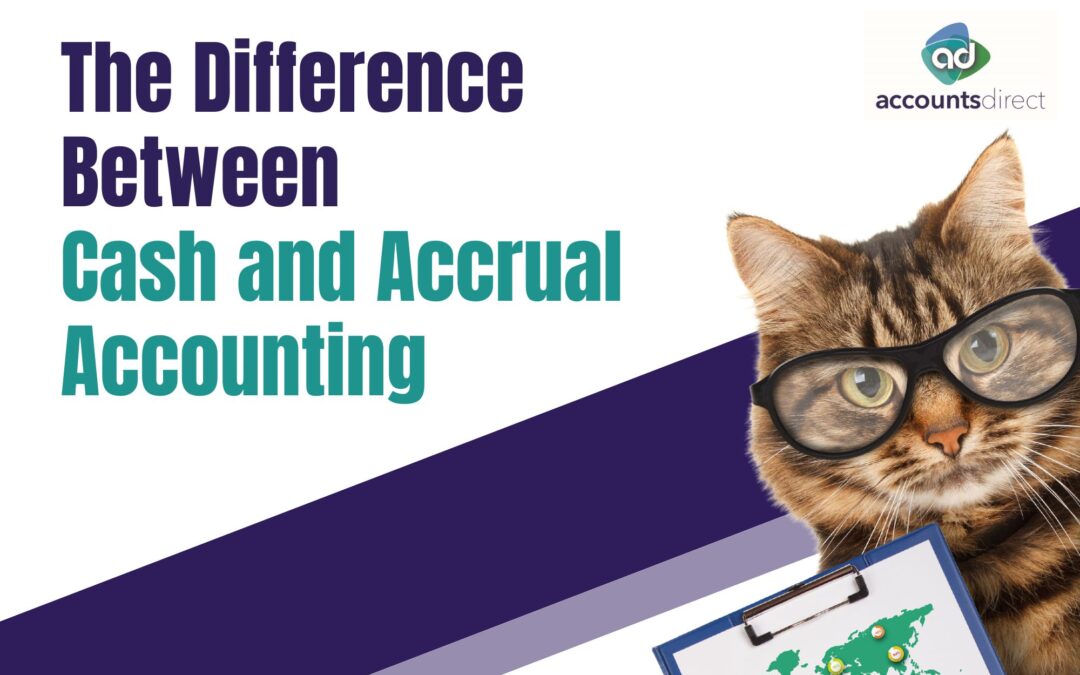In the world of business accounting, two primary methods dominate: cash accounting and accrual accounting. While both have their merits and drawbacks, understanding their differences is vital for small business owners.
This article dives into each method, helping you determine which is more suitable for your business operations.
The Basics of Each Method
Cash Accounting: Simply put, cash accounting records transactions when cash changes hands. Revenue is recorded when received, and expenses are noted when paid. It’s akin to managing a basic account.
Accrual Accounting: This method records transactions when they’re incurred, not necessarily when cash is exchanged. Revenue is noted when it’s earned (even if payment hasn’t been received), and expenses are recorded when they’re billed (even if they haven’t been paid).
Cash Accounting: Advantages and Drawbacks
Advantages: Cash accounting is straightforward. There’s no need to track receivables or payables, making it easier for small business owners without an accounting background.
This method also offers a clear picture of how much cash the business has at any given time.
Drawbacks: Cash accounting might not accurately reflect your business’s long-term financial health since it doesn’t account for outstanding debts or upcoming income.
You also can’t deduct expenses until they’re paid, which might not be advantageous for tax planning.
Accrual Accounting: Advantages and Drawbacks
Advantages: Accrual accounting provides a more holistic view of your business’s finances, encompassing earnings and debts, not just cash on hand.
Better for Growth: As your business expands, accrual accounting can handle more complex situations like credit, inventory management, and investments.
Drawbacks: Accrual accounting requires more rigorous bookkeeping, tracking accounts payable and receivable.
Cash Flow Clarity: It might be challenging to discern how much actual cash you have on hand, as the focus is more on revenue and debts.
Which is Better for Small Businesses?
The best method often depends on the nature and scale of your business:
Sole Proprietors or Freelancers: Cash accounting might suffice due to its simplicity and the direct link to cash flow.
Businesses with Inventory or Credit: Accrual accounting can provide a more accurate financial picture, especially if you deal with stock or offer credit to customers.
Tax Implications
It’s crucial to understand how each method impacts your taxes:
Cash Accounting: You’re taxed on the income you’ve received within the tax year, regardless of when you earned it.
Accrual Accounting: You’re taxed on earned income, even if the cash hasn’t been received. This method requires careful planning to ensure you have sufficient cash flow to cover tax liabilities.
Changing Between Methods
While it’s possible to switch between cash and accrual accounting, it’s not always straightforward:
Before switching, it’s advisable to consult with an accountant or tax professional to understand any potential tax consequences.
When transitioning, ensure that income and expenses aren’t double-counted or omitted. This might require a thorough review of your books.
Combining Both Methods?
In some scenarios, businesses might adopt a hybrid approach, using accrual accounting for significant transactions and cash accounting for day-to-day operations. While this can provide a balanced view of finances, it also adds complexity and might not be permitted for tax reporting in some jurisdictions.
–
Whether you choose cash or accrual accounting depends on your business type, goals, and personal preference. Cash accounting provides simplicity and a clear view of cash flow, while accrual accounting offers a comprehensive insight into your business’s financial health.
As with any significant business decision, it’s wise to consult with a financial advisor or accountant like Accounts Direct. They can offer insights tailored to your business, ensuring you adopt the method that best supports your growth and success. Book a call here to get started.

